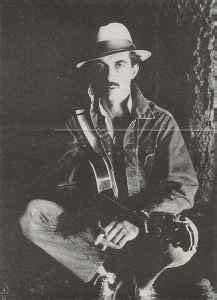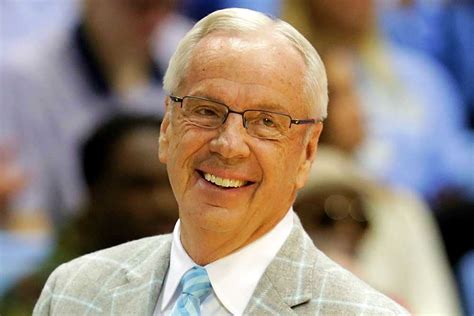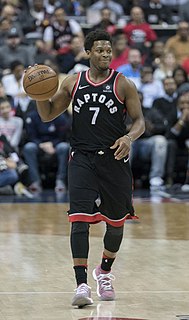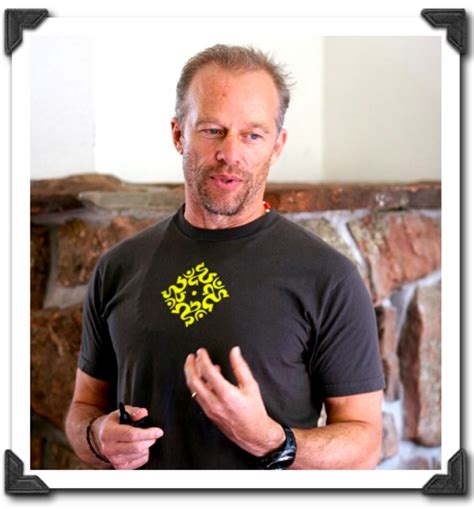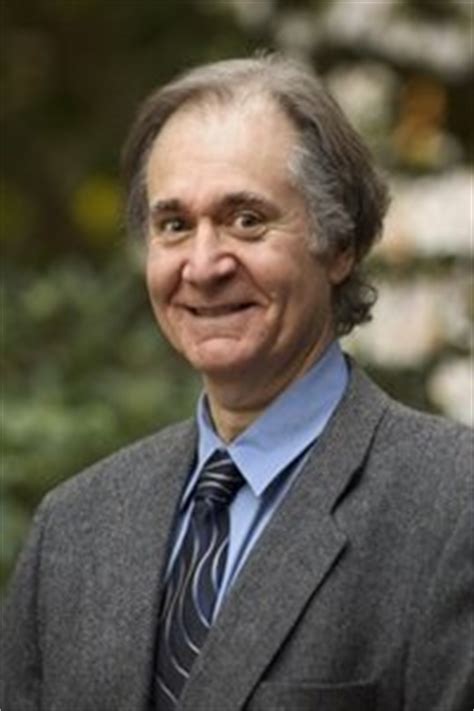A Quote by Peter Senge
The care leadership strategy is simple: be a model. Commit yourself to your own personal mastery. Talking about personal mastery may open people's minds somewhat, but actions always speak louder than words. There is nothing more powerful you can do to encourage others in their quest for personal mastery than to be serious in your own quest.
Related Quotes
Your pursuit of personal greatness challenges others to fear for their own causes, their own battles and pursuits. Your freedom is a reminder of their own imaginary restraints and limitations. Yet, for others, your confidence will be a beacon. People follow conviction, assertive advice and brave leaders, and there's nothing more powerful than a confident man or woman.
The price that must be paid for mastery is discipline. No one achieves lasting success without it. So from the moment you awake each day, devote yourself to the perfection of whatever you pursue. Do this and you will achieve self-mastery. Achieve self-mastery and you will have the makings of a great leader... Discipline is all about cultivating powerful habits that become part of your lifestyle.
Nothing has a more sinister effect on art than the artist's desire to prove that he's good. The terrible temptation of idealism! You must achieve mastery over your idealism, over your virtue as well as over your vice, aesthetic mastery over everything that drives you to write in the first place - your outrage, your politics, your grief, your love!
Mastery requires endurance. Mastery, a word we don’t use often, is not the equivalent of what we might consider its cognate—perfectionism—an inhuman aim motivated by a concern with how others view us. Mastery is also not the same as success—an event-based victory based on a peak point, a punctuated moment in time. Mastery is not merely a commitment to a goal, but to a curved-line, constant pursuit.


